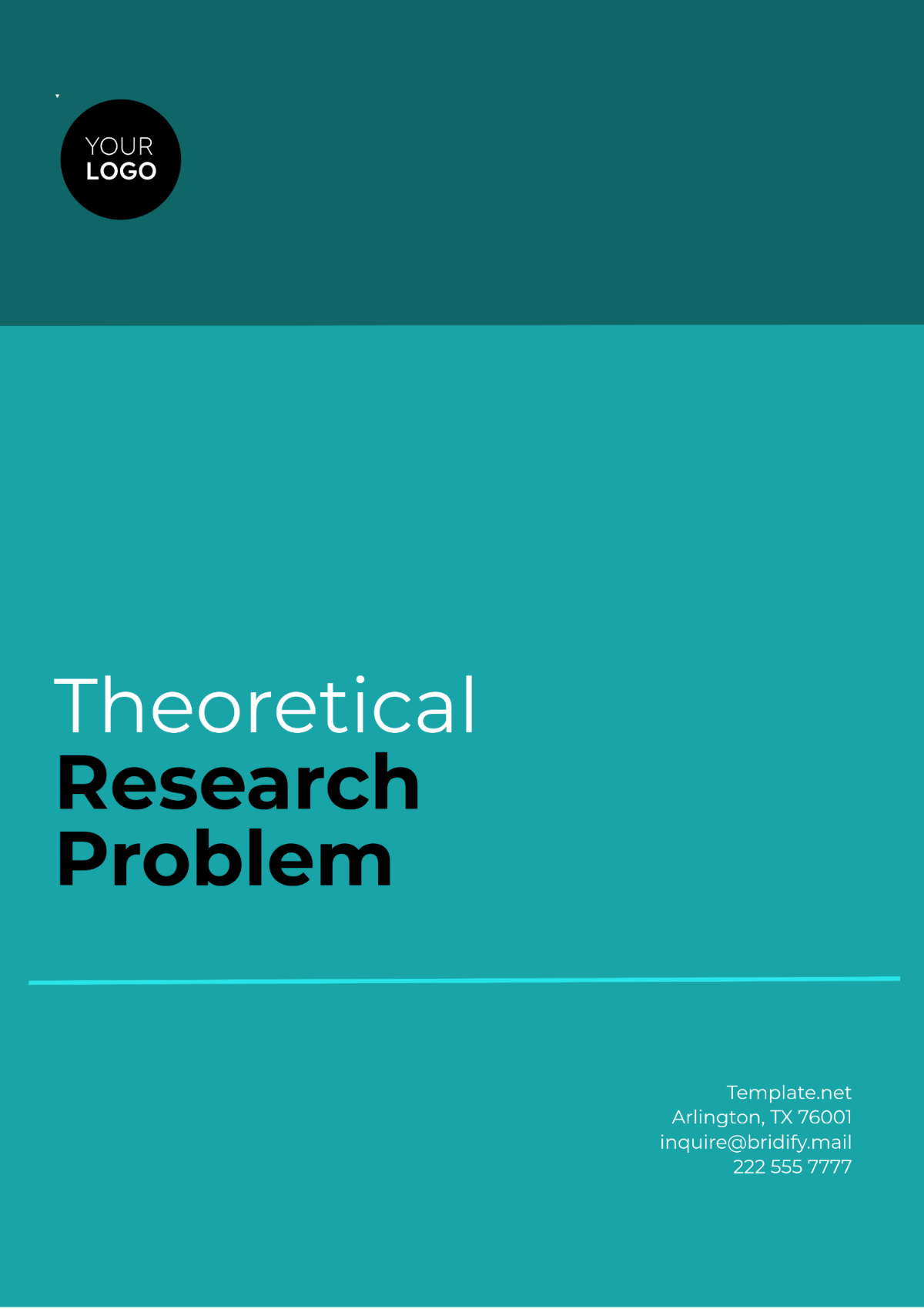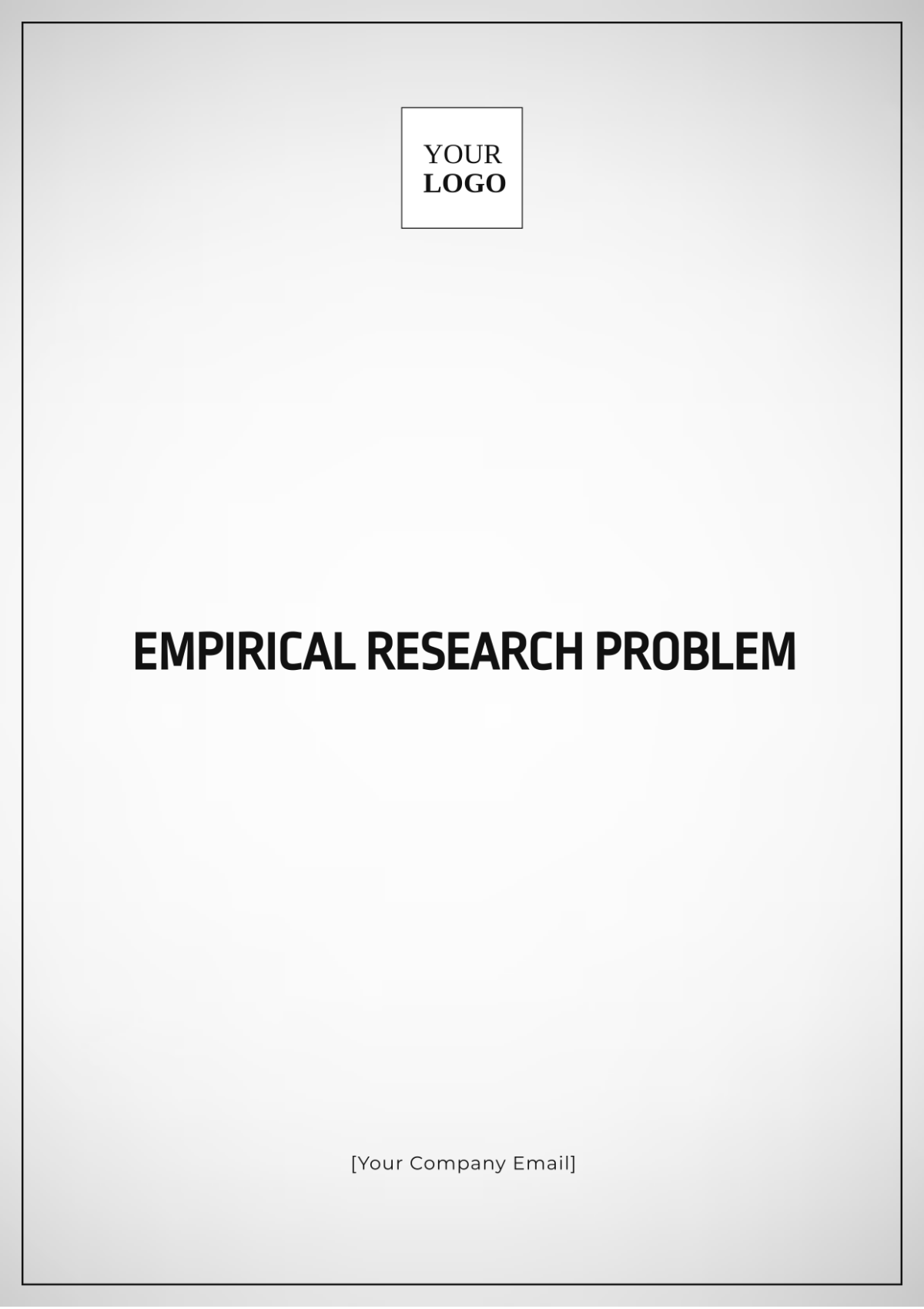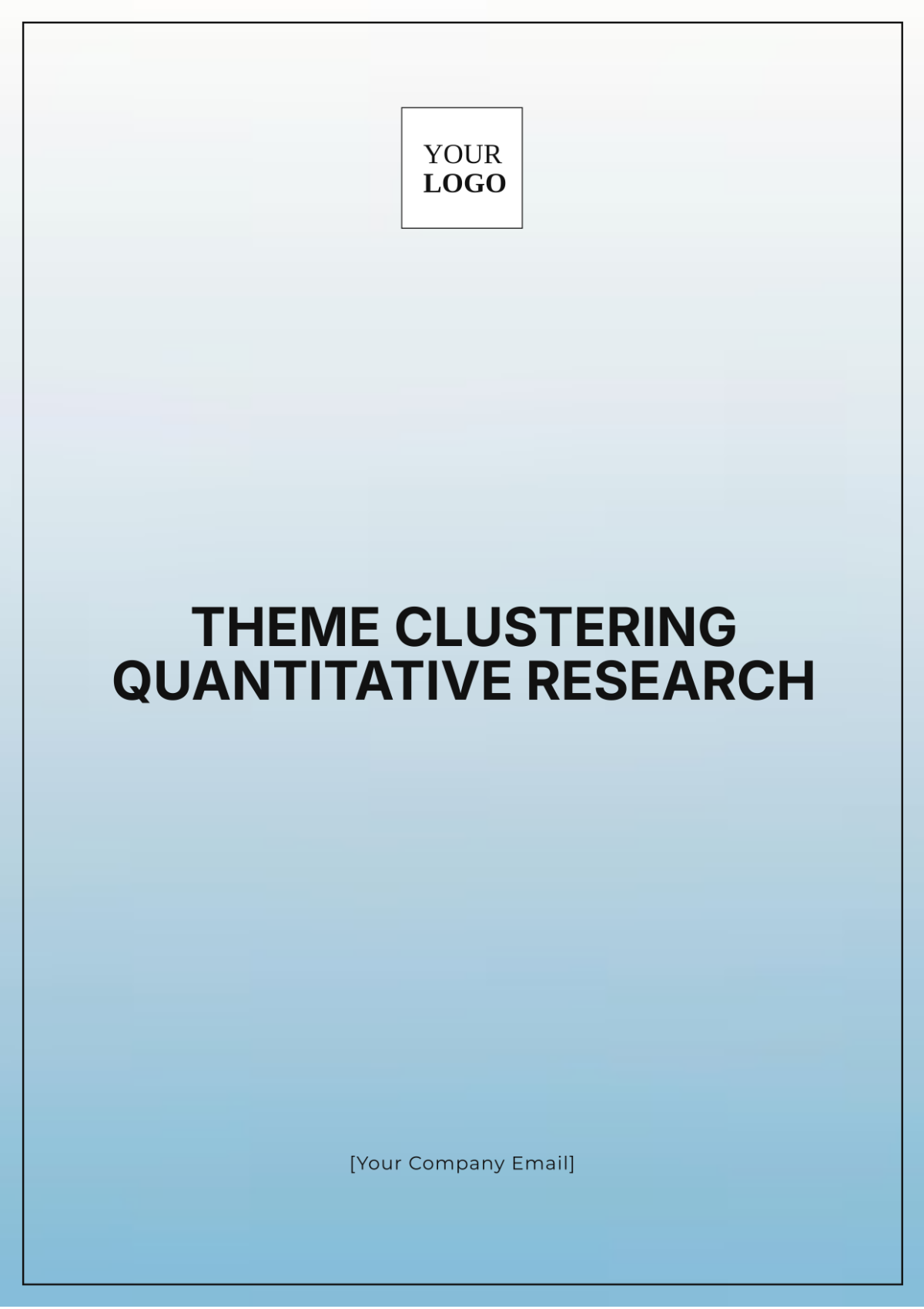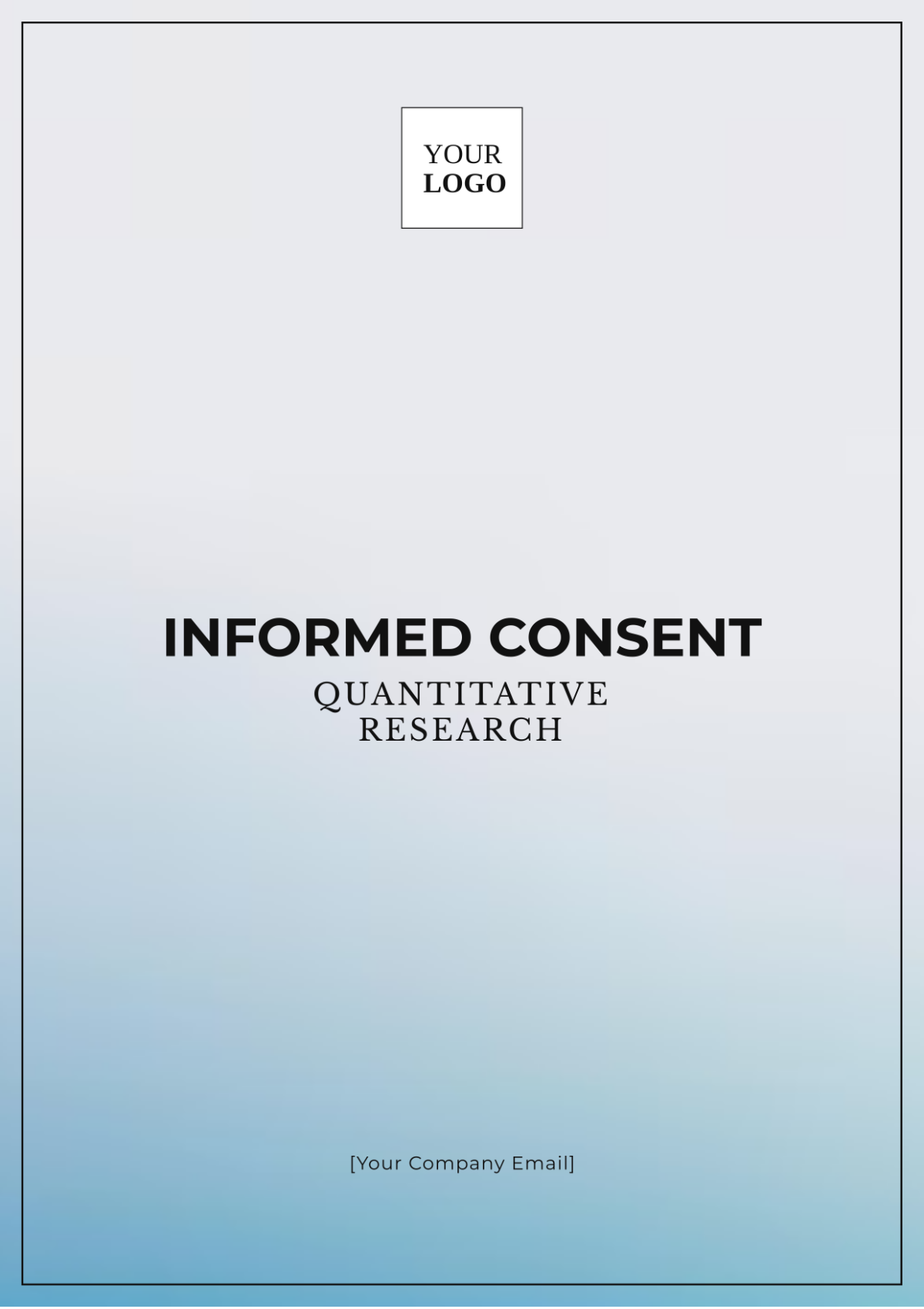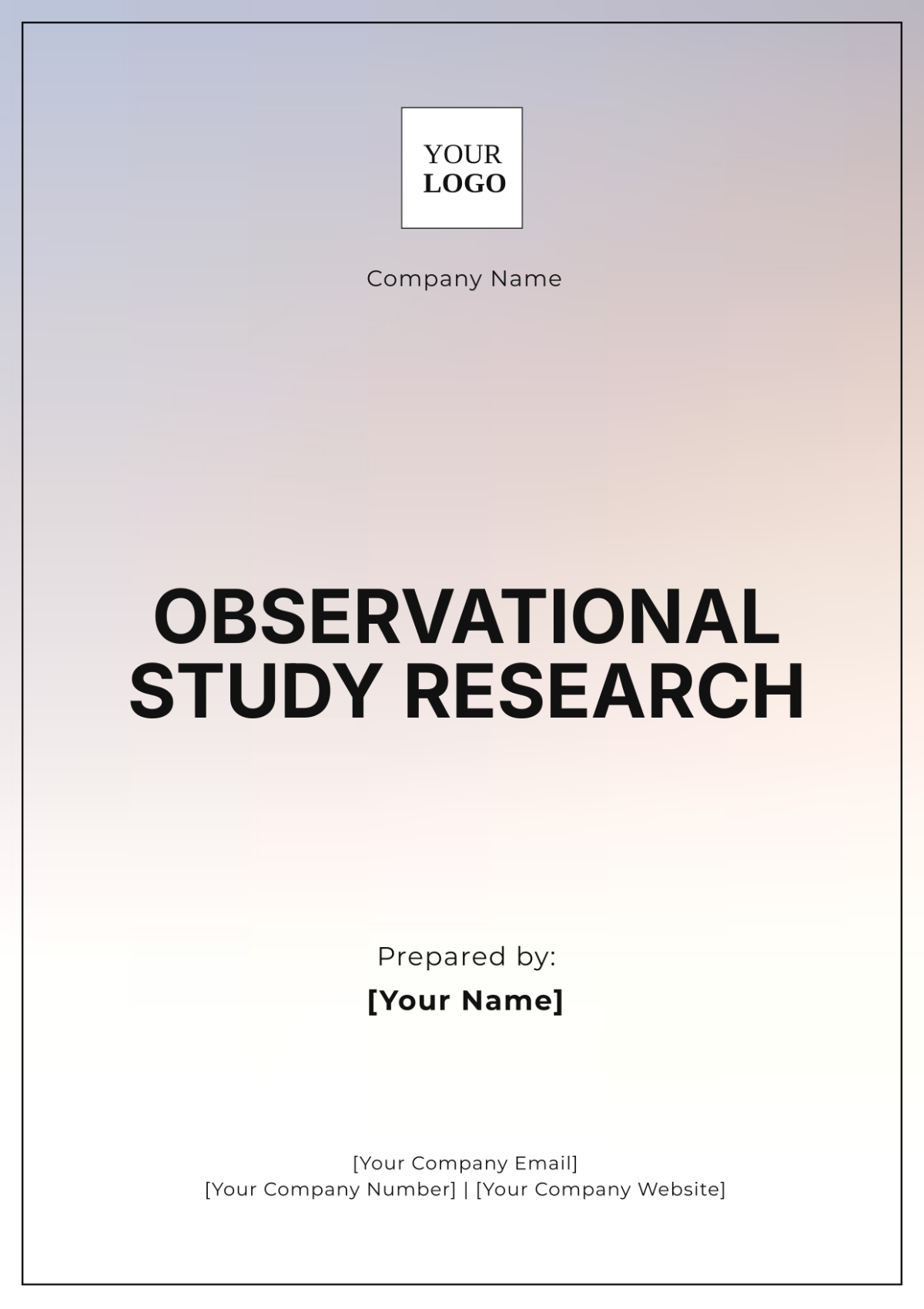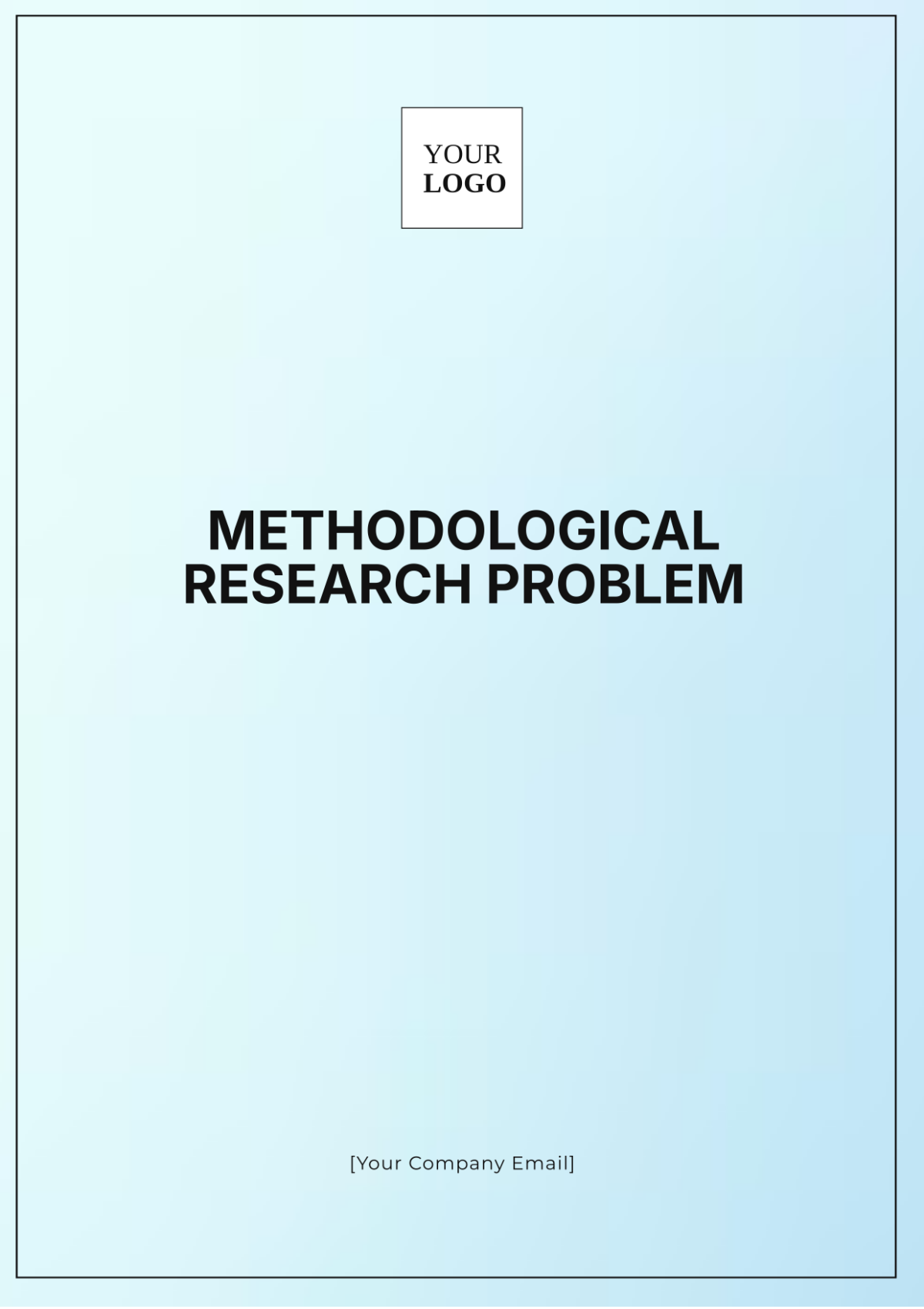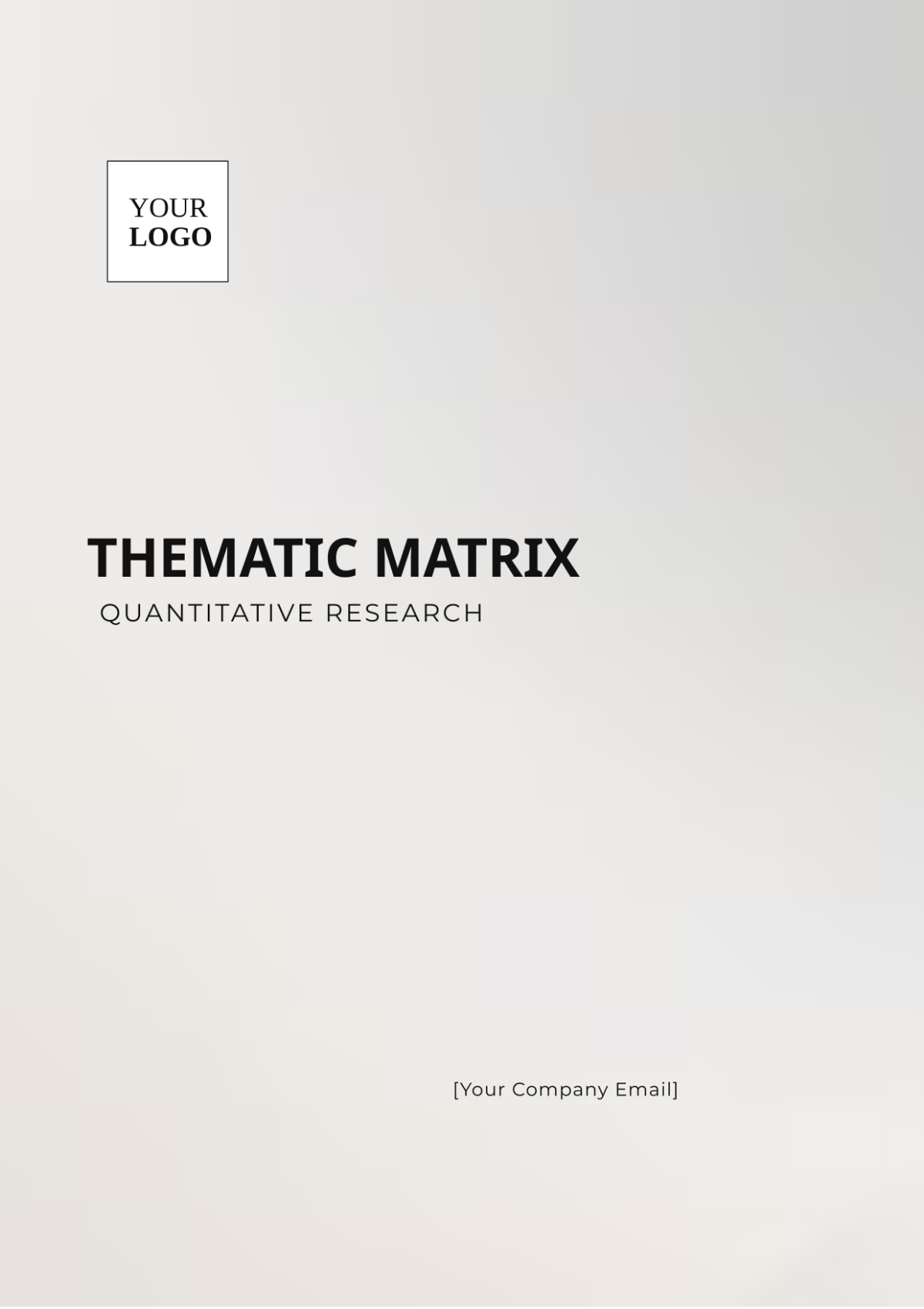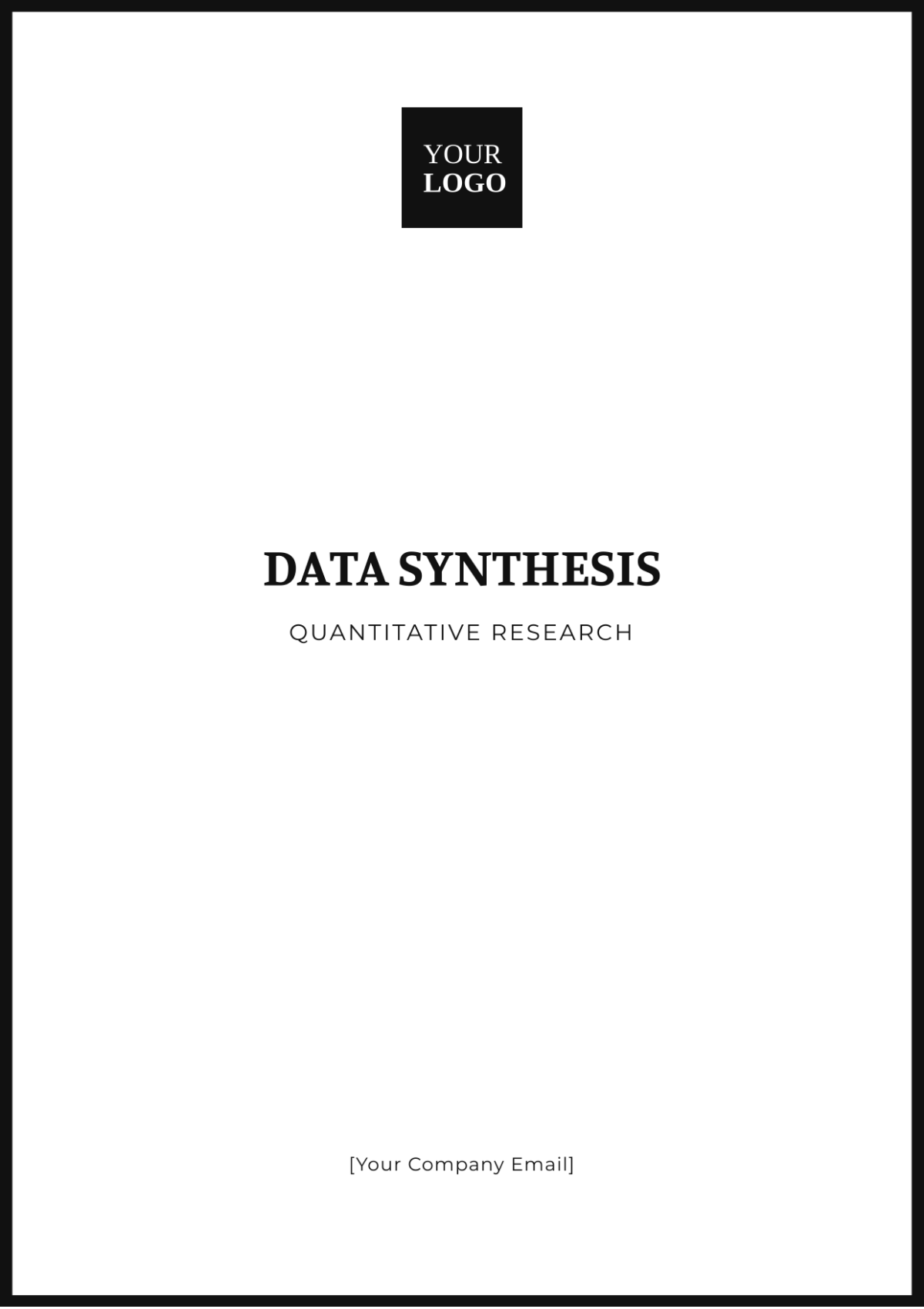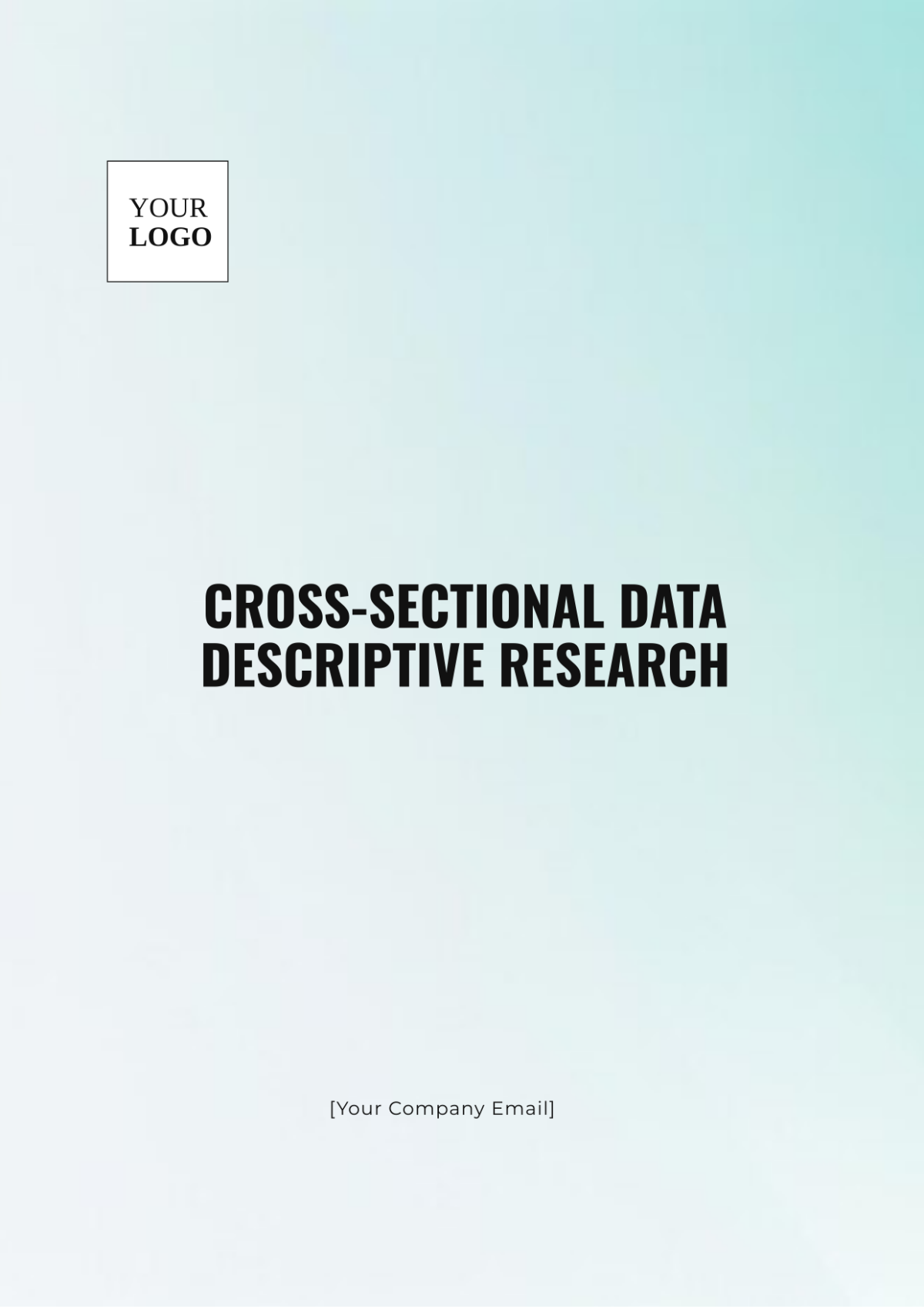Conceptual Quantitative Research
Prepared by: [Your Name]
Date: [Date]
1. Introduction
The purpose of this research is to develop and refine a theoretical framework for analyzing market dynamics using advanced quantitative methods. This study aims to establish a comprehensive model that explains how various market factors, such as consumer behavior, economic indicators, and technological advancements, interact and influence each other. The research will focus on understanding market trends and forecasting future developments in a rapidly evolving economic landscape.
2. Literature Review
This section reviews existing theories and research related to market dynamics. Previous studies have explored various models, such as the Efficient Market Hypothesis and the Adaptive Market Hypothesis. Key research includes the work of Smith et al. (2050) on consumer behavior patterns and Johnson & Lee (2052) on the impact of technological advancements on market stability. This review provides a foundation for the proposed conceptual framework by highlighting gaps and opportunities in current theoretical approaches.
3. Conceptual Framework
The conceptual framework for this research is based on integrating multiple theoretical constructs to explain market dynamics. The key variables include:
Consumer Sentiment Index (CSI): Measures public perception and its impact on purchasing decisions.
Economic Indicator Score (EIS): Combines metrics like GDP growth, inflation rates, and unemployment figures.
Technological Impact Factor (TIF): Assesses the influence of emerging technologies on market performance.
The relationships between these variables will be examined to understand their collective impact on market trends and stability.
4. Methodology
Quantitative methods employed in this research include:
Data Collection: Data will be gathered from various sources, including financial reports, market surveys, and economic databases from January 2050 to July 2050.
Statistical Tools: Techniques such as multiple regression analysis, factor analysis, and structural equation modeling will be used to analyze the relationships between variables.
Analytical Approach: Hypotheses will be tested using a combination of historical data and predictive modeling to validate the conceptual framework and assess its applicability to future market scenarios.
5. Results
The analysis reveals significant correlations between consumer sentiment and market fluctuations, with a notable impact of technological advancements on market stability. The results show that:
An increase in the Consumer Sentiment Index correlates with a 5% rise in market activity.
Technological advancements contribute to a 7% increase in market growth potential.
These findings support the proposed theoretical framework and highlight the importance of integrating multiple factors for accurate market predictions.
6. Discussion
The results indicate that the conceptual framework effectively captures the complexity of market dynamics. The strong correlation between consumer sentiment and market activity supports existing theories while providing new insights into the role of technology. The study challenges traditional models by demonstrating the significant impact of technological changes on market stability. These findings have implications for policymakers and businesses in adapting strategies to future market conditions.
7. Conclusion
This research successfully develops a theoretical framework for analyzing market dynamics, incorporating consumer sentiment, economic indicators, and technological impacts. The study’s limitations include the reliance on historical data and the exclusion of geopolitical factors. Future research should explore these areas and refine the framework further. The insights gained from this study offer valuable guidance for understanding and forecasting market trends in an increasingly complex economic environment.
8. References:
Harrison, L. (2050). Future Trends in Market Dynamics. Insight Publications.
Roberts, T., & Lee, J. (2050). The Evolution of Market Theories. Strategic Economics Review.





